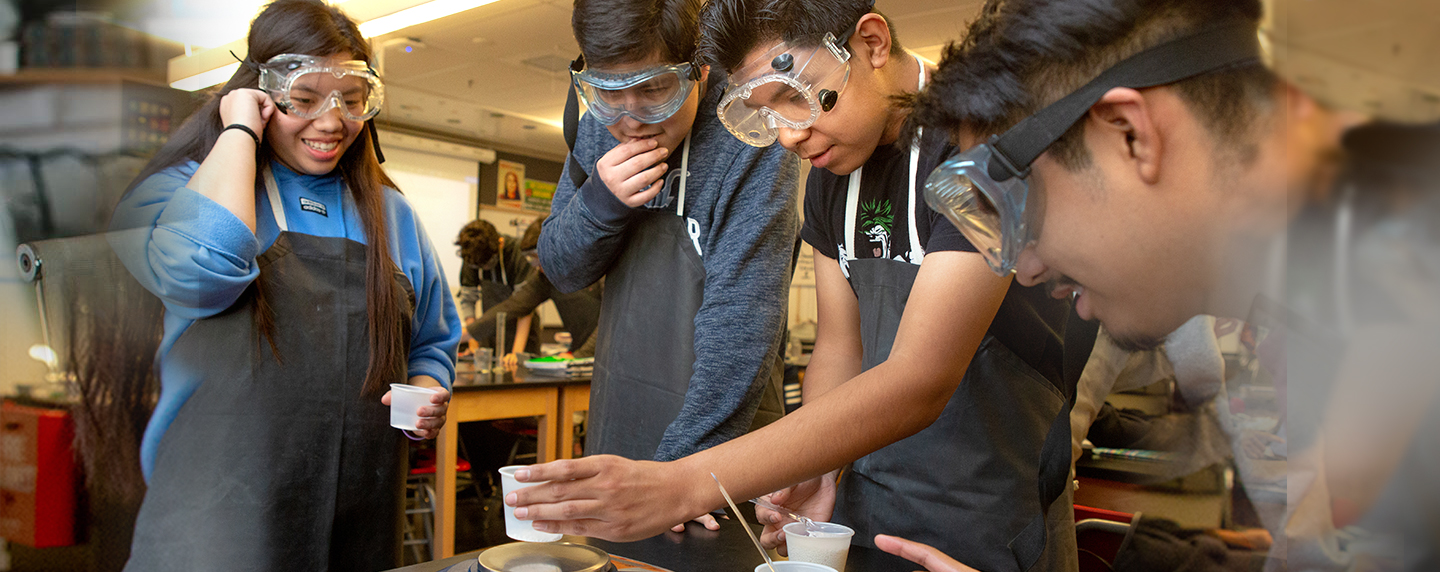
Stories of Impact
Back to In Action / Audrey Cristelli and Lisa Rogers, Student & Educator
Audrey Cristelli and Lisa Rogers
Student and Teacher at Smyrna Elementary School, Smyrna, GA
Audrey Cristelli is a student at Smyrna Elementary School near Atlanta, and a prize-winning student inventor. Her teacher, Lisa Rogers, has taught for 20 years in Cobb County, and runs Smyrna Elementary School’s advanced learning program, which is based on Invention Education.
Audrey Cristelli was just 10 years old when she had the idea — what if there was a gamified sustainability app to help people who want to get more involved with litter cleanups? That question propelled Audrey to design Pollut-END!, an environmentally-focused, prizewinning prototype for an app that she hopes to have developed in the next year.
The project began as an assignment in Audrey’s advanced learning class at Smyrna Elementary School near Atlanta, Georgia. Taught by educator Lisa Rogers, the weekly class is modeled on Invention Education and students are often challenged to think outside the box. For this assignment, Ms. Rogers challenged Audrey and her classmates to not only hatch an idea, but also present it in front of their peers.
Audrey ended up competing at the US Nationals for Invention Convention — a global K12 Invention Education competition led by The Henry Ford and supported by The Lemelson Foundation — and taking home two awards for her invention.
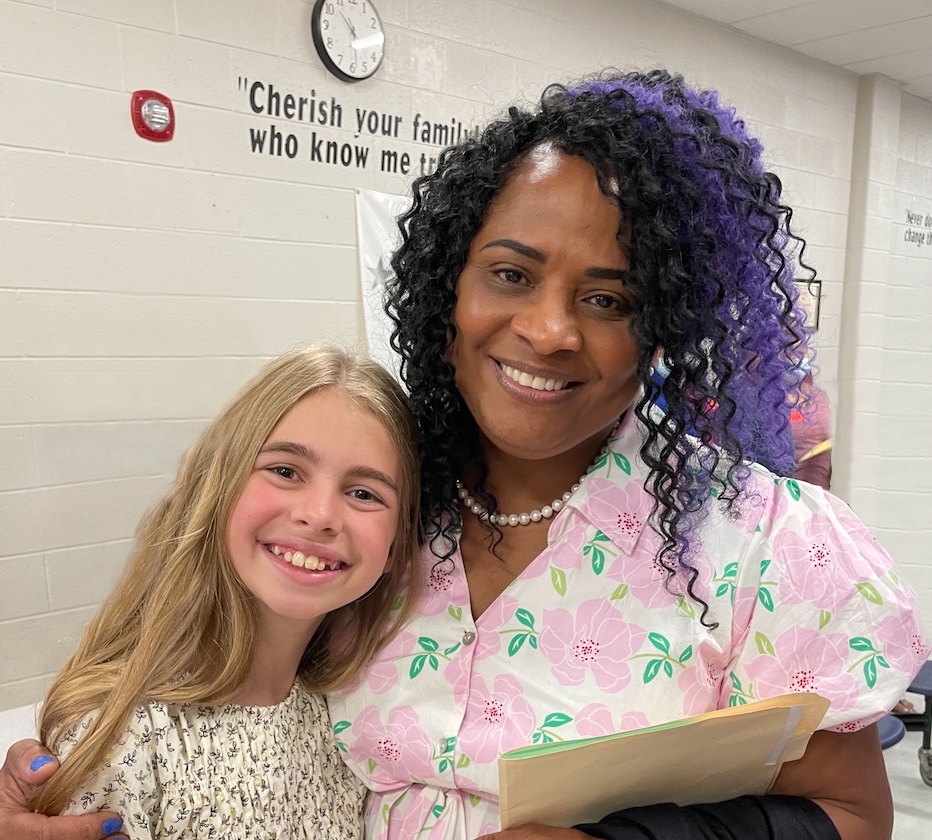
Audrey Cristelli and her advanced learning teacher, Lisa Rogers, at Audrey’s fifth grade graduation
With Ms. Rogers, we get a lot of opportunities to think outside the box. We learn, but it doesn’t feel like learning, because she makes it fun.
Audrey, how did you land on the idea of an app for cleaning up trash?
My brother, who was in middle school at the time, had an assignment where he and his classmates had to go to cleanups and pick up trash, but they were having trouble finding cleanups. And then I had the idea — what if they had a gamified app that could help them?
What sparked your interest in pollution?
I’ve always seen trash in our parks and at the beach and I worry about the animals, if they’ll be eating it. I don’t know, it just feels wrong. So then I did more research about it and realized that we can solve it.
Do you remember the moment when you realized you were onto something special?
I had been looking around to see what other pollution apps were on the market. But I couldn’t find anything, even after deeper research. Once I realized that there wasn’t anything out there, I knew that my app was a good idea.
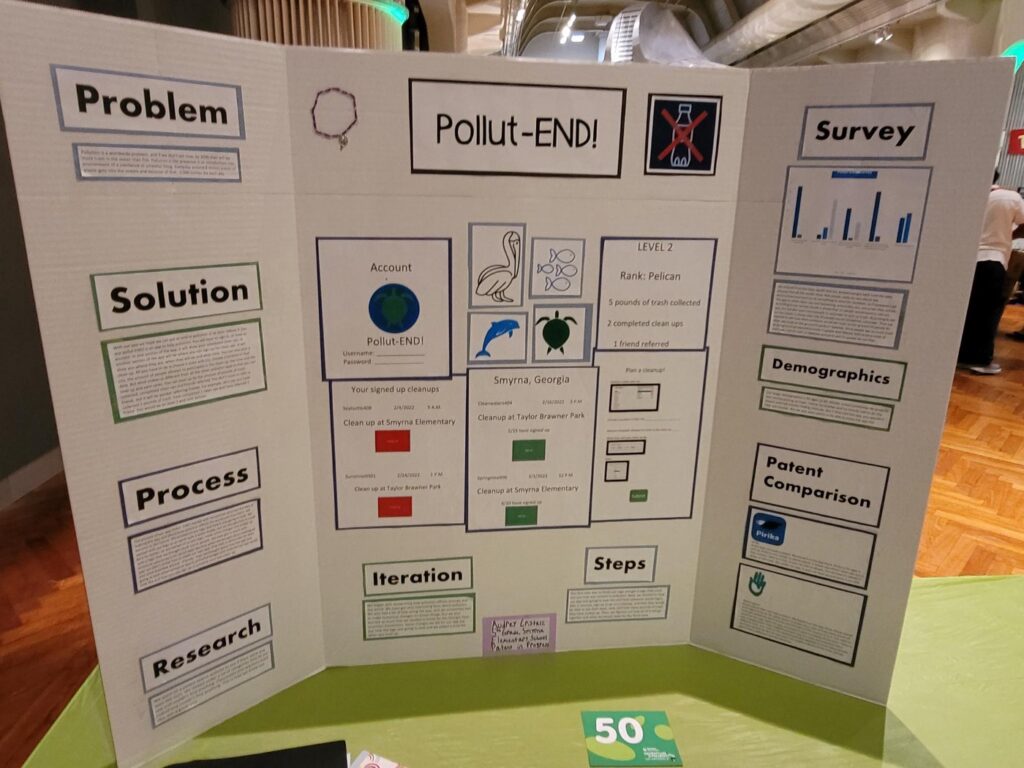
And you also won an award at the Invention Convention US Nationals competition for your idea.
Every year, the 5th graders in Ms. Rogers’ class participate in a competition called Invention Convention and last year I won the Community and Societal Benefit Award and I also won Best Live Presentation.
How did it feel, knowing your presentation was so successful?
I was surprised, but my teacher always told us that we have to be confident with our work. She would have us do acting exercises in class, to help us with confidence. And we also went around to other classrooms, giving our speeches. People would tell me I was very confident, which made me proud.
What advice would you give to other kids who want to invent?
Anything is possible and you can achieve anything. Never give up. You just have to believe in yourself. Creativity is also important, and confidence — if you can’t believe in your product, why is anyone else going to believe in it?
Where are you in the process of developing your app?
Right now we’re working with patent attorneys to get a patent. We’re calling it, “patent in progress.” Because they’re going even deeper than I went to make sure there’s nothing out there like it, and then once that happens, we’ll start to file a patent. And then once it’s done, we’ll start developing.
What do you like about learning through Invention Education versus more traditional methods?
With Ms. Rogers, we get a lot of opportunities to think outside the box. We never have tests. We learn, but it doesn’t feel like learning, because she makes it fun. I always looked forward to her class.
Invention Education incorporates so many tenets — we’ve got problem solving, problem seeking, empathy, iterating. I think that as teachers, we need to encourage learners to become 21st century thinkers.
Lisa, as a teacher, what do you feel is the key to really getting students to engage with their ideas?
For me, number one is believing in students. That is paramount. For instance, think back to a time in your life when you had a task to tackle but you weren’t very confident in your ability to do it. But if you’ve got a system of support that will gently nudge you and offer that encouragement and remind you of who you are, of why you started this, it helps you feel like you can conquer the world. It’s so important to remind children of who they are…and that they know I believe in them — and then in turn, they will believe in themselves.
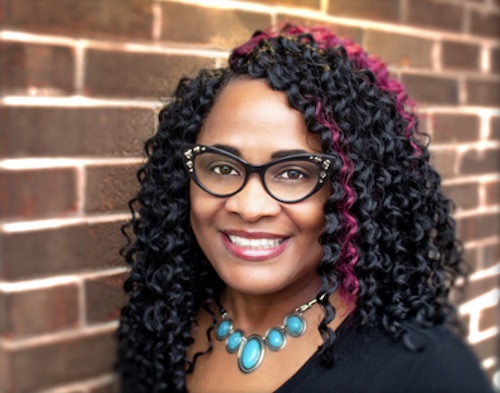
Why do you think it’s important to teach kids through invention?
Invention Education incorporates so many tenets, and allows students to think creatively. We’ve got problem solving, problem seeking, empathy, iterating — it’s just such a cyclical process. And I think that as teachers, we need to encourage learners to become 21st century thinkers.
Audrey mentioned this idea of you encouraging your students to think outside the box. Tell us about that.
I’m a hands-off educator. The outside the box thinking process creates a chaotic classroom, but it allows learners to explore and iterate and solve problems within their world and problems outside of their world. I allow them to take calculated risks, and I try to create a classroom environment where judgment is not permitted. So it’s a totally safe place, no matter how crazy or absurd an invention or idea is. As educators, we need to allow chaos to happen authentically in our classrooms. Sometimes I can’t see the floor because there’s so much stuff covering it, but you know what? That’s true authentic learning going on.
How do you deal with the challenges that come with that kind of setup?
In the beginning, I struggled with the hands-off approach and the process. The room was messy, and there were times when I couldn’t see the floor. Deep inside I knew this was a part of true authentic learning going on. My students taught me to embrace each step along the way, and enjoy the process.
How do you talk to the kids about not judging each other’s ideas? And how do you help them handle frustration?
I allow myself to be vulnerable with these children. If I can’t be open and say I don’t know something, how can I expect that from them? So I put myself in a situation where I could be judged — but they don’t judge.
Also, we do activities on perseverance, and we talk about what it looks like, sounds like, feels like to be frustrated. What does perseverance mean? Why is it important? As an adult, I’ve got to persevere through things I don’t necessarily think I’m good at. It’s a work in progress, and by being open and honest and sharing, I can create that safe space with my students, because they know that I have nothing to hide.
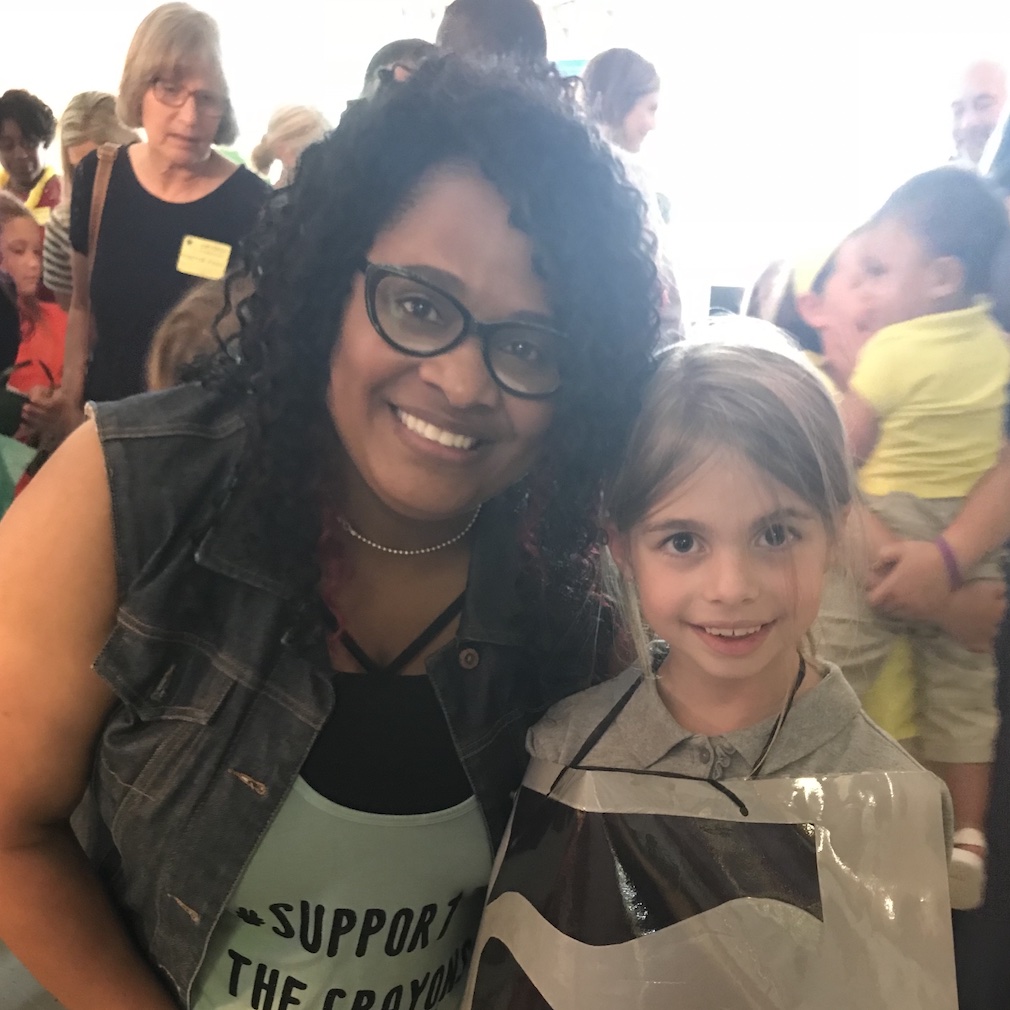
What happens when kids, like Audrey, inevitably have to leave your classroom and move on to middle school?
When my students leave Smyrna, many ask for my phone number and with parent permission I share. I always feel that there may come a time in their educational career when they might need a word of encouragement, and I would love the honor of being there for them. As for Audrey, she is going to change the world in a big way. I am just so proud of her.
